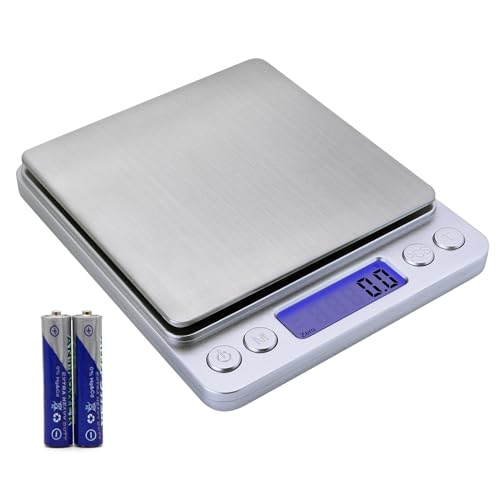"
One thing I have been wondering about -- Are you expecting a coconut oil SOAP to have the same benefits that coconut OIL has? If so, you are mistaken. Coconut oil SOAP is very drying and harsh.
DeeAnna is very right umeali, a 100% CO soap would be unusable for me. Even at a much, much lower %, CO is terribly drying to my skin in soap. I use it a maximum of 18%, usually lower. The rule of thumb that you generally see here - unless you know that you (or whoever else is using it) are OK w/higher amounts of CO is to try it at 20%.
I love CO in body oils (there I use fractionated CO, which you should *not* use in CP), which has the scent taken out, and add my own. That is lovely and not drying on my skin, unlike the CO in soap.
ETA: just saw your post, you got it!
Also, I really would try SeaWolfe's recipe when you get some lard rendered, that will make a very nice bar of soap. You could substitute sunflower for the olive/almond part of the mix as well. Regarding the rendering, ask the butcher to make sure it is all of one kind or another (pig fat/lard or beef fat/tallow). I know that when I have lived in other countries it seems like it sometimes all get thrown into a big pile.
As Dixie said, w/castor, it does not really increase the creaminess/moisturizing factors, it works to stabilize the lather created by the other oils.
Also, w/olive oil, we get different types in the States, not sure if it is the same there. One type, pomace, makes your soap trace faster. I'm not sure if you are doing swirls yet, but the first time you use your coconut (if you don't know which type it is) you might want to do a one-color soap to see how fast it traces so that you can plan future designs accordingly.












































